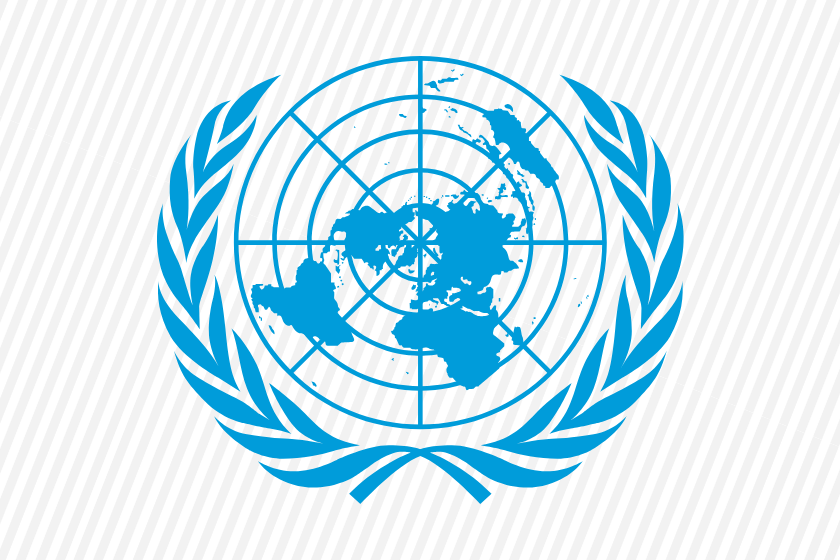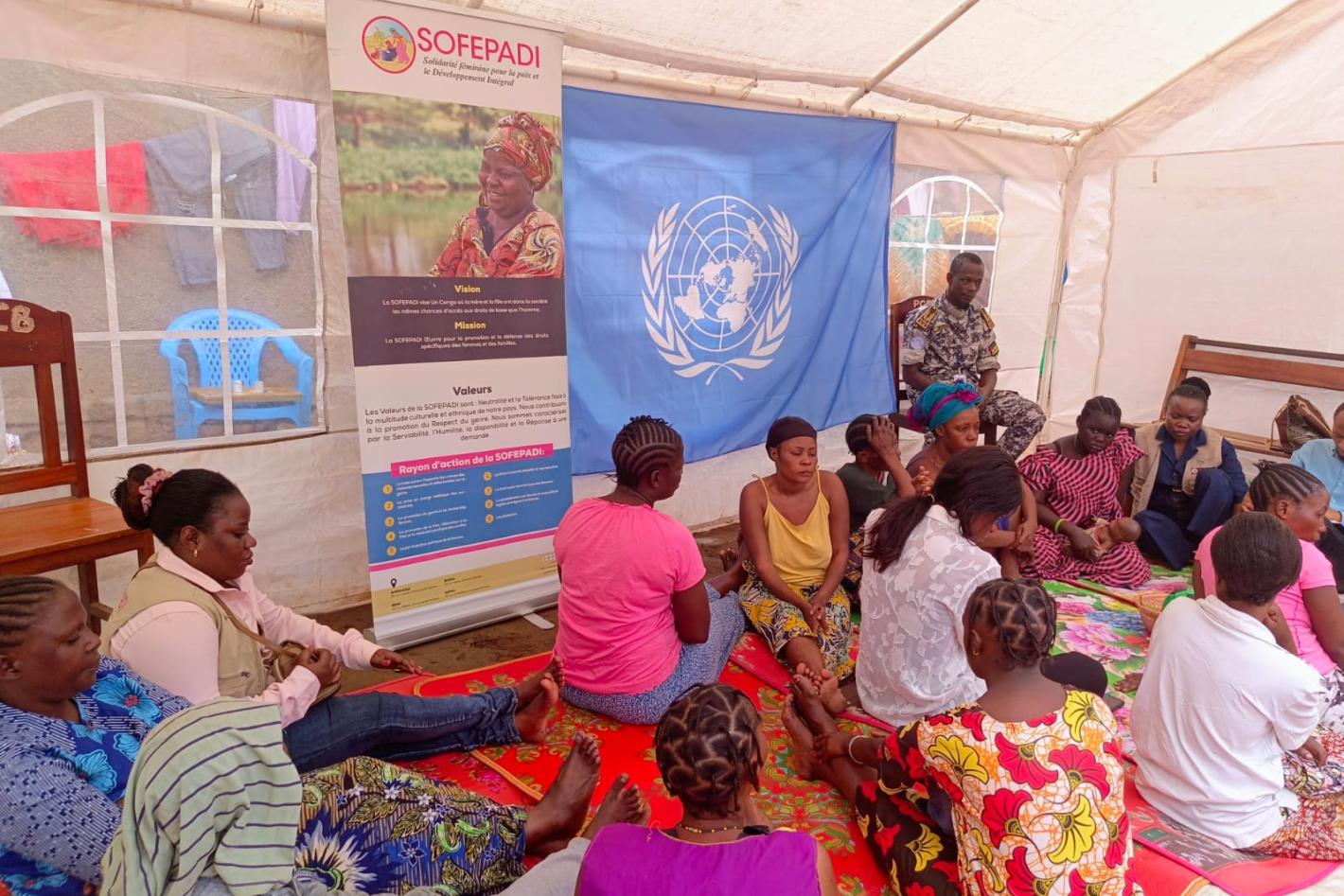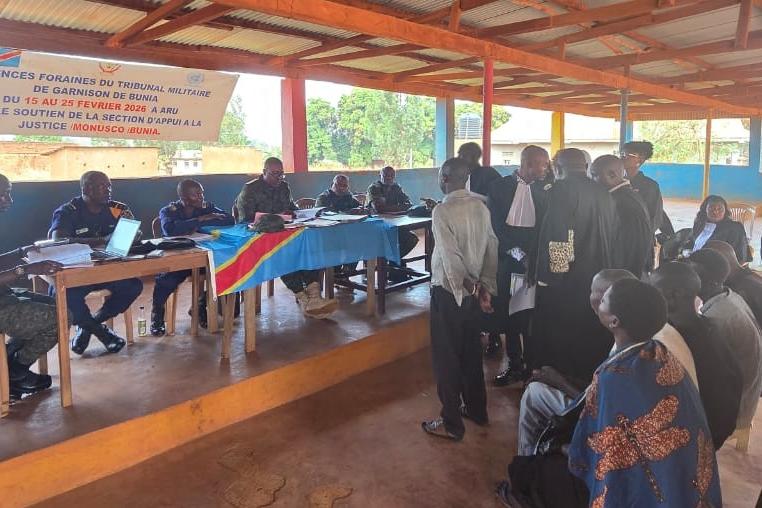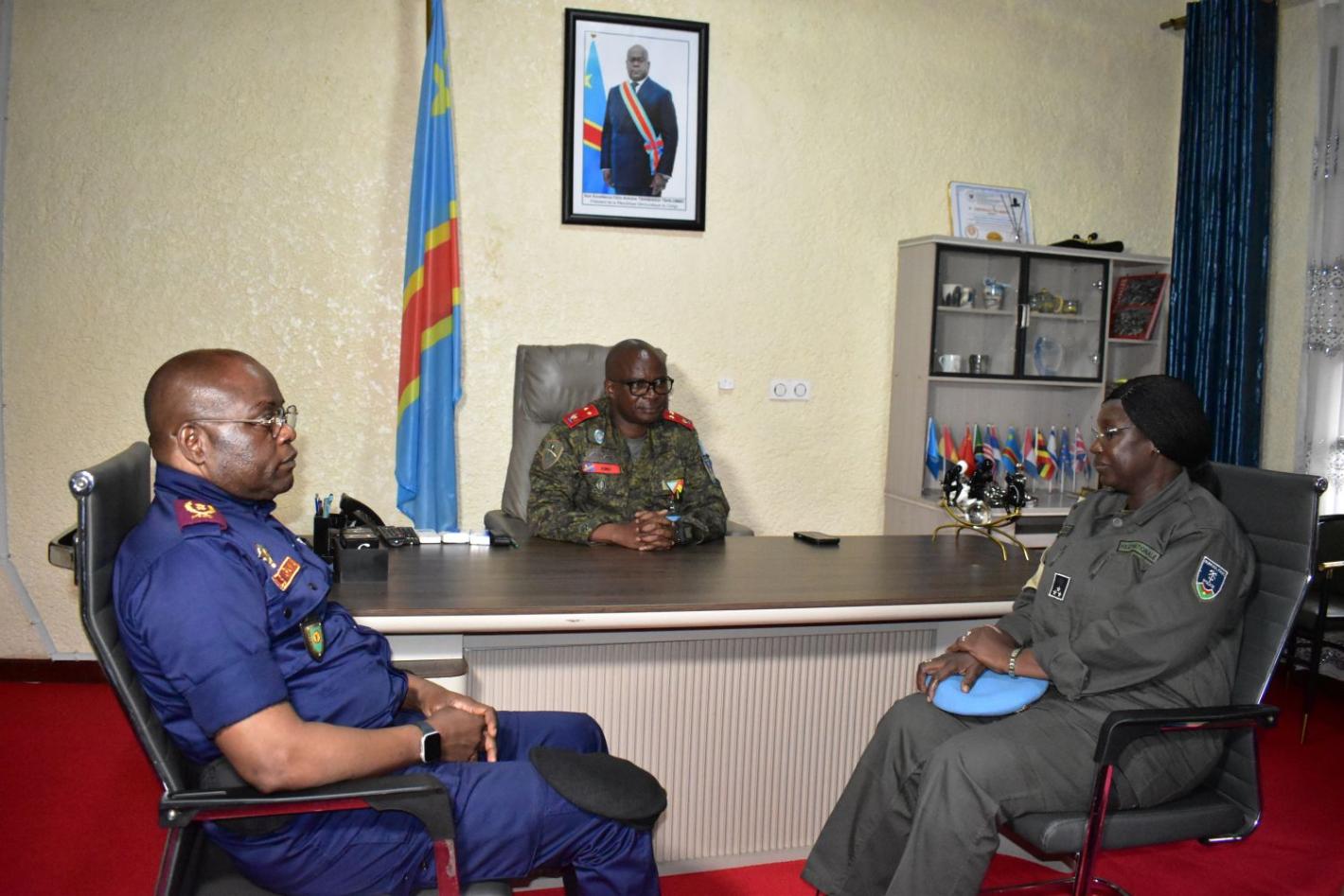The UN Mission for the Stabilization of the Democratic Republic of the Congo (MONUSCO) was established in 2010 by the Security Council to reflect a new phase reached in the country. With a strong military component, the Mission protects civilians, humanitarian personnel and human rights defenders under imminent threat of physical violence while supporting stabilization and peace. UN Volunteers form an important civilian component of the Mission, totalling more than a third of serving international personnel.
UN Volunteers represent well over a third of the international personnel within the UN Mission for the Stabilization of the Democratic Republic of the Congo (MONUSCO). Despite this important component of personnel, the Mission remains a highly-militarized peacekeeping operation. In 2013, faced with recurrent waves of violence in the East and the wider Great Lakes region, threatening the overall stability and development of the country, the Security Council approved the creation of a specialized armed “Intervention Brigade” under Chapter 7 of the UN Charter. With escalating conflict and the critical need for peacebuilding activities, the civilian component of the Mission became even more crucial in seeking long-lasting peace in DRC.
UN Volunteers currently operate in more than 20 Duty Stations across the DRC, some of which are very complex and remote. They come with an enthusiasm and a motivation that, between endless challenges, is fundamental to keeping a visible human face to peacekeeping operations. Individually, UN Volunteers embody quite different backgrounds, skills, and interests, covering virtually all functional groups of MONUSCO. In such a volatile setting, UN Volunteers give a civilian face to the Mission, permitting much needed interaction with, support for, and empowerment of local civil society within the country.
"I am impressed by their [UN Volunteers] willingness and determination to help local people, despite their sometimes-difficult living conditions and work. They truly represent the essence and spirit of the United Nations and I wish to express my appreciation to each of them for their valuable contribution to our work in the DRC." —Mr. Maman Sambo Sidikou, Special Representative of the UN Secretary-General in the DRC
While the most visible impacts of UN Volunteers are generated through their assignment related duties, where UN Volunteers coordinate such activities as infrastructure works, human rights violations investigations, voter registration, air operations management, and leading convoys across borders, they also undertake deeply emotional assignments such as supporting demobilized members of armed groups. On the ground, it is evident how UN Volunteers don’t only contribute to the Mission objectives, they also contribute to the life of local communities where they serve through small volunteer projects, daily gestures and initiatives that mainly go unreported.
“While it remains very challenging to grasp, measure and report the huge and varied impact that each UN Volunteer has in different ways on the ground, it is incredible to think about the role that they and the UNV team has in making such contributions possible,” says Simone Beccaria, UNV Programme Manager in the DRC.
Their dedication brings them out of the UN compounds, acting as a bridge between the UN and the population, with less limitations and stronger bonds, in a more informal environment. Be it through teaching English to school kids during the holiday period, teaching women how to do basic accounting and how to read and write, or spending time and playing with orphaned children, UN Volunteers convey the strongest message of peace. And this they do, despite very challenging working conditions, personal and security preoccupations, and the fatigue that comes from working in such tiring environments.
"With the support of my UN Volunteer colleagues, I embarked on a project to support the sanitation of the city in partnership with the local association Corps des Jeunes Volontaires de la RDC. Through these activities, the community is gradually becoming aware of the role it can and must play in protecting their environment," says Salimata Traoré (Côte d'Ivoire), UN Volunteer Human Rights Officer in Kisangani.
The challenge is to build on these elements and to have everyone acknowledge the value added of UN Volunteers which at times can be hard to measure but that has clearly positive consequences in the field and in the lives of those they serve.
By Simone Beccaria, DRC






